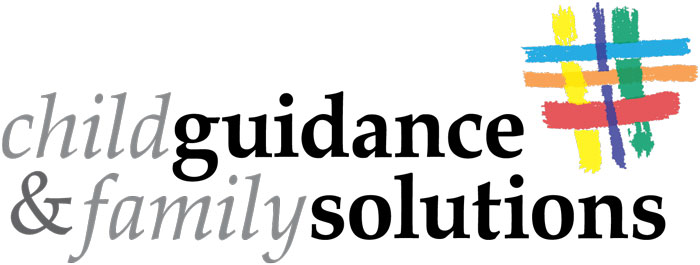Gratitude is an emotion that reflects appreciation for the good things in life. It involves recognizing and valuing someone or something significant in our lives. Experiencing gratitude can lead to various benefits, including improved self-esteem and overall happiness, as well as other health advantages. Feelings of gratitude can arise spontaneously and can be understood in different ways: as an affective trait, a mood, or a specific emotion.
There are Two Stages of Gratitude:
1. Acknowledgment of Goodness: This stage involves recognizing the good things in one’s life. Gratitude can be perceived through the presence of grateful feelings as well as through the efforts of those who give to us.
2. Recognition of External Sources: This stage involves appreciating how goodness has come to us from outside of ourselves.
Why is Gratitude Important?
According to positive psychology, gratitude plays a significant role in building and maintaining relationships, boosting hope and life satisfaction, and encouraging more proactive behaviors towards oneself and others. It is closely related to overall well-being and a sense of fulfillment. Individuals who experience gratitude are more likely to give to others, creating a positive ripple effect in their communities. Additionally, the practice of gratitude has been shown to reduce stress, further contributing to a more satisfying life.
Ways to Express Gratitude:
- Keep a gratitude journal
- Thank those around you
- Write gratitude letters, notes, or cards to people in your life or even strangers
- Engage in conversations about gratitude
- Meditate on feelings of gratitude
- Create gratitude lists or jars
- Go for a gratitude walk or hike
Potential Pitfalls:
Some people may feel pressured to express gratitude around the holidays, leading to an intense focus on being thankful. However, focusing solely on appreciation can lead to neglecting other vital aspects of life. It’s essential to find a balance; while appreciating what we have is important, it should not come at the expense of acknowledging and addressing our other emotions and needs. Balance is key to having a fulfilling holiday experience.
